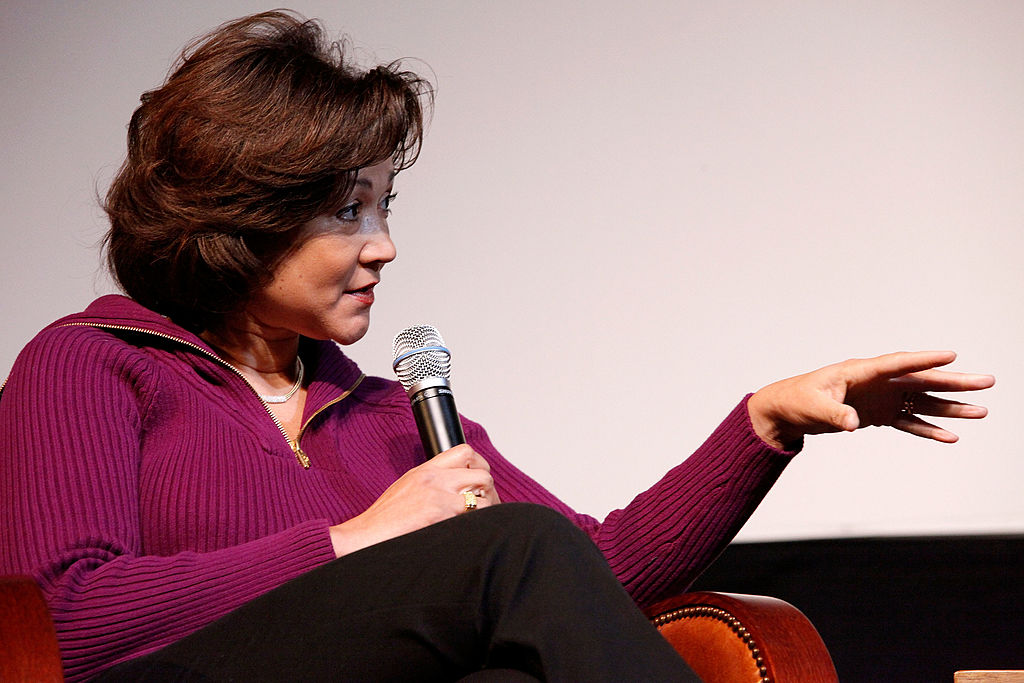On the face of it, you’d assume that most people would much rather do anything else than talk about race. With a long history of racial tensions, racial discrimination, and other related issues, you’d think few people are inclined to delve into the issue of race willingly.
However, the Peabody Award-winning journalist Michele Norris knows this is not true.
She has been at the forefront of exploring the issue for more than a decade. She is indeed a thought leader in the subject matter of race relations in America.
Importantly, having worked on The Race Card Project, she realized that people are willing and somewhat eager to discuss race.
“I did this because I thought no one wanted to talk about race. And it turns out I was wrong.” Michele confessed while speaking with CBS Mornings.
“I think we need to, and I actually think we want to [talk about race],” she continued.
She published “Our Hidden Conversation: What Americans Really Think about Race” in January 2024. The book is based on the collection of responses in the archive and offers the broader public a glimpse into how people think about race.
The Race Card Project and How it’s Fostering Racial Dialogues
The Race Card Project has its genesis in her 2010 “The Grace of Silence,” a book through which Norris explored her complex family’s “very complex racial legacy.” As she ventured out to promote the book, she feared that people wouldn’t want to discuss the issue of race. So, she “created this exercise, this little six-word exercise to try to lubricate that conversation.”
She created postcards with the question “Race. Your thoughts? Please send. Tell me your six words.” She left postcards everywhere she toured to promote her book, and people replied anonymously, creating The Race Card Project archive.
With Melissa Bear, they structured the exercise to be easy to do and accessible, noting that “six words were easy, and it would really distill people’s thoughts.”
Even though she thought people did not want to talk about race, it turned out a lot of people actually wanted to discuss the issue. “They’re just looking for a place where there’s an easy on-ramp.”
Since then, the project has collected over 500,000 six-word stories on identity and race through postcards and the archive’s official website.
Through The Race Card Project, Michele Norris has given Americans (and, to some extent, global citizens) a safe space to delve into a subject matter they’ve typically shied away from discussing openly. The platform has received very open and candid comments about their experiences of race in America limited to just six words, such as:
“I’m Jewish when it’s safe.”
“I’m Asian. I pretend I’m white.”
“They assumed she was my nanny.”
“Hate handed down like family heirlooms.”
“Just a label, not a truth.”
“American Indian. Proud we’re still here.”
“People fear what they don’t understand.”
“Black boyfriend visited. Nana called Police.”
“White privilege until Floyd, clueless”
Her archive allows people to share their true, distilled thoughts about the topic. Their “Anything Else” section of the website allows submitters to share more context and backstory.
Speaking with CBS Mornings, she said, “People would give us an essay, a few paragraphs, a treatise. They would write, and then that, we sort of understood their backstory, and that’s where we saw the emotion.”
The emotions in people’s responses ranged from fear, anxiety, triumph, and even humor. “Someone wrote, ‘Total nonissue when the aliens arrive’ … [as a way] of saying maybe we should get over it because we have more in common.”


